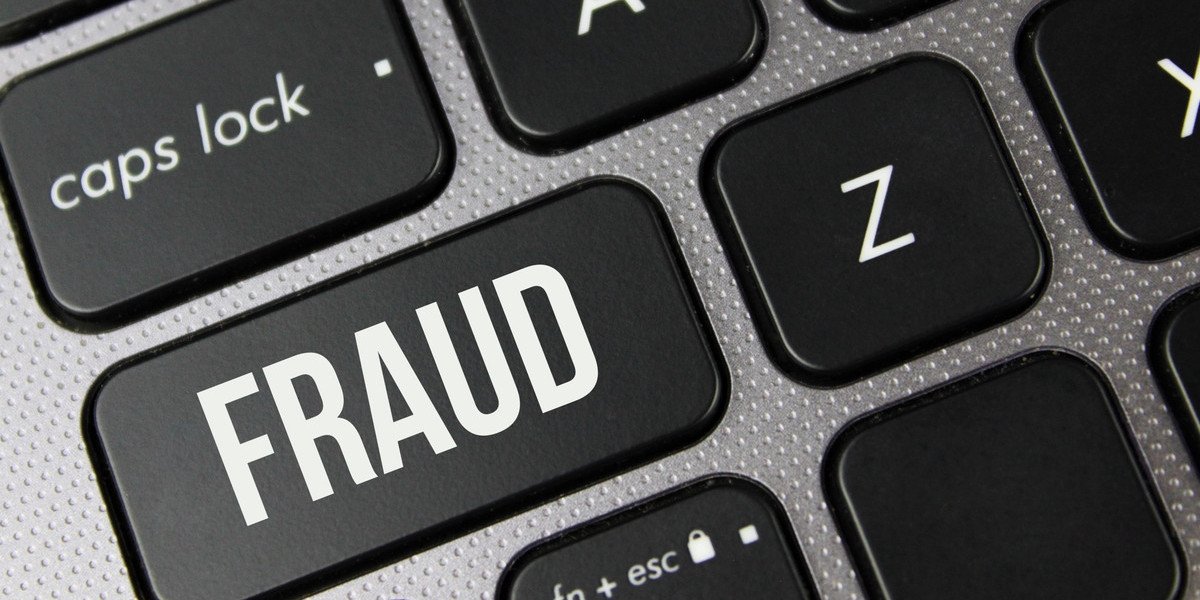A Comprehensive Guide to Buying Licenses: What You Need to Know
In today's competitive landscape, the purchase of licenses is frequently an important element of operating an effective service. Whether you are aiming to Buy Licence software application licenses for your company, a music license for your creative endeavors, or a company license to make sure compliance with regional laws, understanding the nuances of license procurement is crucial. This short article will delve into the types of licenses available, outline the steps to take when acquiring a license, and address regularly asked concerns for clearness.
Understanding Different Types of Licenses
There are numerous kinds of licenses available throughout different industries. Below is a classified overview of the most common licenses one may encounter:

1. Software application Licenses
Software licenses grant users approval to operate software application applications under specified terms. These can be divided into numerous categories:
- Proprietary Licenses: The user has actually restricted rights and should follow the terms stated by the software maker.
- Open Source Licenses: These enable users to modify the software application's source code, sticking to copyright laws.
- Freeware Licenses: Users can utilize the software for free, but might face limitations on redistribution and modification.
2. Service Licenses
Business licenses are needed by local, state, and federal governments to lawfully operate a business. Common licenses consist of:
- General Business License: A fundamental license needed to run within a city or county.
- Expert Licenses: Required for specific occupations, such as health care or financing.
- Sales Tax Permit: Necessary for businesses engaging in retail sales.
3. Innovative Licenses
For artists, artists, and content creators, protective licenses ensure the right usage of their work:
- Copyright Licenses: Control over how the work can be replicated, distributed, and showed.
- Music Licenses: Necessary for performing or using music in different settings, such as radio stations or public places.
4. Intellectual Property Licenses
These are vital for securing developments and ideas:
- Patent Licenses: Allow others to manufacture or utilize an invention.
- Trademark Licenses: Permit others to use a brand's recognizable signs.
Steps to Buying a License
When meaning to purchase a license, it's necessary to follow a structured approach:
Step 1: Identify Your Needs
Before acquiring a license, evaluate the requirements of your industry or occupation. Questions to think about include:
- What type of license do you need?
- Are you certified with existing guidelines?
- How will the license advantage your operations?
Step 2: Research Licensing Options
Conduct comprehensive research study to determine prospective suppliers or licensing authorities. Keep in mind of their credibility, pricing structures, and terms.
Consider the following during research:
- Read evaluations and reviews from other users.
- Compare prices across different licensing providers.
- Understand the small print in licensing contracts.
Step 3: Evaluate Legal Requirements
Become knowledgeable about the legal aspects of the license. Laws might vary by place, so it's a good idea to seek advice from a legal advisor or service expert.
Step 4: Budget for the License
Licenses can differ significantly in cost. Create a spending plan that covers not only the purchase but also any continuous charges connected with the license. Consider if there will be a need for renewal.
Step 5: Make the Purchase
When you have actually picked the proper license and completed the details, continue with the purchase. Keep a record of the deal, consisting of invoices and contracts.
Action 6: Maintain Compliance
After obtaining the license, guarantee you follow its terms to avoid legal ramifications. Arrange suggestions for renewal dates and keep your documentation organized.
Often Asked Questions (FAQs)
1. What is the distinction between a license and a permit?
A license usually grants approval to take part in specific activities, while a license frequently permits for the completion of a specific process, such as construction or ecological compliance.
2. For how long does it require to acquire a license?
The timeline can differ greatly depending on the type of license and regional regulations. Some licenses can be acquired on the same day, while others may need weeks or months for approval.
3. Can licenses be transferred or offered?
In basic, licenses are often non-transferable, particularly proprietary software application licenses. Nevertheless, some states permit the transfer of organization licenses under certain conditions.
4. What occurs if I do not purchase the needed licenses?
Operating without the necessary licenses can cause severe penalties, including fines, lawsuits, or perhaps the closure of your company.

5. Are there any discount rates readily available for bulk license purchases?
Lots of software suppliers provide discounts for acquiring several licenses at as soon as. It's worth asking about available alternatives during the buying procedure.
Acquiring the suitable licenses is essential for both individuals and companies in different markets. By understanding the different kinds of licenses available, looking into successfully, and following a structured acquiring process, one can prevent mistakes and make sure smooth operations. In a world where compliance is vital, taking proactive steps to secure the needed licenses is a financial investment in the future stability and integrity of any venture.







